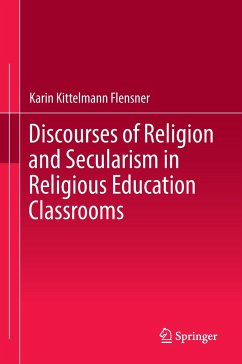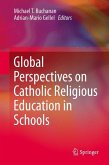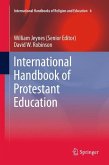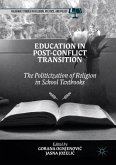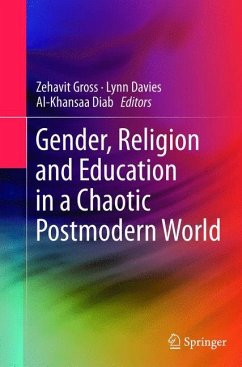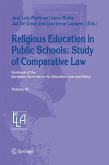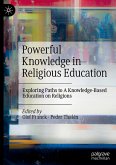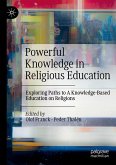This book answers the question on how students and teachers talk about religion when the mandatory and nonconfessional school subject of Religious Education is on the schedule in the "world's most secular country" To do this, it analyses discourses of religion as they occur in the classroom practice. It is based on findings from participant observation of Religious Education lessons in several upper secondary schools in Sweden. The book discusses different aspects of the role and function of nonconfessional integrative Religious Education in an increasingly pluralistic, multireligious, yet also secularized society, at a general level. It looks at the religious landscape, different perspectives on school subjects, various models and the development of Religious Education, and discourses of religion of a secularist, spiritual and nationalistic nature.
Religious Education is a school subject that manoeuvres in the midst of a field that on the one hand concerns crucial knowledge in a pluralistic society, and on the other hand deals with highly contested questions in a society characterized by diversity and secularity. In the mandatory, integrative and non-confessional school subject of Religious Education in Sweden, all students are taught together regardless of religious or secular affiliation. The subject deals with major world religions, important non-religious worldviews and ethics, from a non-confessional perspective. Thus, in the classroom, individuals who identify with diverse religious and non-religious worldviews, with a different understanding of what religion could be and what it might mean to be religious, are brought together. The book examines questions raised in this pluralistic context: What discourses of religion become hegemonic in the classroom? How do these discourses affect the possibility of reaching the aim of Religious Education which concerns understanding and respect for different ways of thinking and living in a society characterizedby diversity?
Religious Education is a school subject that manoeuvres in the midst of a field that on the one hand concerns crucial knowledge in a pluralistic society, and on the other hand deals with highly contested questions in a society characterized by diversity and secularity. In the mandatory, integrative and non-confessional school subject of Religious Education in Sweden, all students are taught together regardless of religious or secular affiliation. The subject deals with major world religions, important non-religious worldviews and ethics, from a non-confessional perspective. Thus, in the classroom, individuals who identify with diverse religious and non-religious worldviews, with a different understanding of what religion could be and what it might mean to be religious, are brought together. The book examines questions raised in this pluralistic context: What discourses of religion become hegemonic in the classroom? How do these discourses affect the possibility of reaching the aim of Religious Education which concerns understanding and respect for different ways of thinking and living in a society characterizedby diversity?

